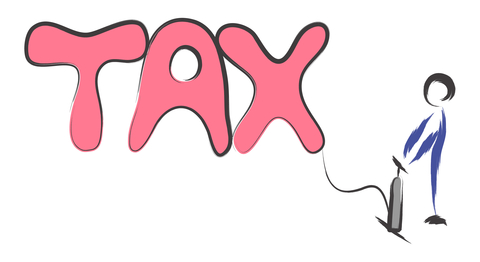 Newsman Edward R. Murrow famously said that television is a vast wasteland. But that doesn't stop millions of Americans from tuning in every night for their favorite comedians. Jay Leno, David Letterman, Conan O'Brien, the two Jimmies (Fallon and Kimmel) and their wannabe imitators squeeze out one last wisecrack before bedtime.
Newsman Edward R. Murrow famously said that television is a vast wasteland. But that doesn't stop millions of Americans from tuning in every night for their favorite comedians. Jay Leno, David Letterman, Conan O'Brien, the two Jimmies (Fallon and Kimmel) and their wannabe imitators squeeze out one last wisecrack before bedtime.
NBC's Tonight Show has been broadcasting since 1954, which makes it the longest-running entertainment program on air. Amazingly, it's had just five hosts since it's inception: Steve Allen from 1954-57, Jack Paar from 1957-1962, the legendary Johnny Carson from 1962-1992, Jay Leno from 1992-2009, and Conan O'Brien for eight short months in 2008-2009. Leno returned in March of 2010, but, in Hollywood's worst-kept secret, announced last week that he would be giving up his chair to current Late Night host and Capitol One pitchman Jimmy Fallon. Leno congratulated Fallon in his





